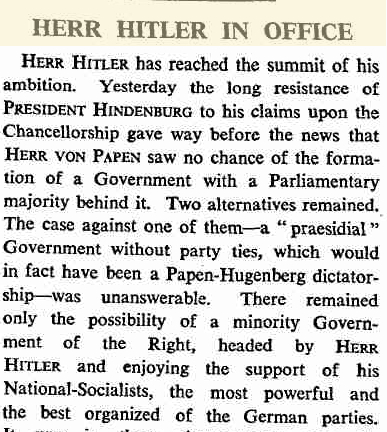What that previous post should have debated further is what exactly do we expect from the papers?
We soon recognise the very term, “newspaper”, amounts to one of the greatest con-tricks ever.
Thanks to the ever-ready Oxford English Dictionary we have a precise date for the earliest sighting. On 18th October 1667, the Earl of Arlington writes to William Temple:
I must refer you to our News Papers for a further account of the Proceedings of the Parliament.
Arlington, the former Henry Bennet (who has a walk-on part as messenger-boy between the Royalists and Ormonde in Ireland) has a track-record: he is one of the As in the CABAL, as Charles’s Secretary of State. In terms of restoration politics, we already have his hat-size, then. Temple, his correspondent there, was a Royalist, spent the Cromwellian period on the Continent, shifted to the paternal home in Dublin, and entered politics as a King’s man for Carlow. Later on, a young Jonathan Swift was employed as his Secretary.
One thing we can be assured of: the likes of Arlington and Temple were mainly interested in those News Papers telling the Tory side of the story.
When the John Walters, father, son, and grandson, established developed The Times as a “newspaper”, there was already an explicit political agenda. They had the precedents of Henry Muddiman’s London Gazette (Tory) and William Woodfall’s Morning Chronicle (Whig) as exemplars.
From the earliest period, then, “newspapers” were deeply involved in the business of “making” the news, formulating opinion to fit preconceived ideologies. We have to wait until the late 1970s for this to be described as “spin”.

And, as often as not, getting it wrong.
There is the August 6th, 1923, edition of Time magazine celebrating Mussolini’s 41st birthday with a delightful encomium:
Benito Mussolini is largely a miniature Napoleon, whose gestures he loves to imitate. Of medium height and pale complexion, with lustreless eyes, he controls the Italian ship of state, firmly convinced that his Fascisti are the saviours of his country. In affairs of state Mussolini exhibits remarkable self-control, rare judgment and an efficient application of his ideas to the solving of existing problems.
Ah yes! How can we fail to recognise remarkable self-control, rare judgment and an efficient application of his ideas.
Time put Franco on the cover no fewer than six times. From those images alone we might induce a benign, genial type. As if. — except first impressions count. But then Time’s founder, Henry Luce, had an explicit agenda, as detailed in The American Century.
In January 31st, 1933, the London Times felt warm about Herr Hitler:
… the most powerful and the best organized … hmmm.
The Times love affair with Hitler went on for much of the 1930s, thanks to Geoffrey Dawson, its editor, and his close attachment to Chamberlain. Dawson, like J.L.Garvin of The Observer (another appeaser), frequented those Astor gatherings at Cliveden. Gore Vidal, in his third novel, shortly after the end of WW2, wryly noted:
The Cliveden-Churchill Set are too well entrenched and I shouldn’t be in the least surprised if they created some sort of dictatorship that could never be thrown off without a revolution.
Cliveden, as a political stage-set, closed its long-running show soon after the Profumo Affair brought down a fair bit of the scenery. Yet, that formula is how things are done, policies endorsed, opinions made in Britain to this day. Think the pre-Election nexus of the Cameroonies of Notting Hill, those close relationships of press and PM that exist around Chipping Norton.
The catalogue of wrong calls is endless
Back in October 1959 the Daily Telegraph reckoned that Harold Macmillan’s general Election victory would settle British political realities, and the dominance of the Conservative Party, for a generation. The Torygraph came up with something similar when Heath won in 1970, and — with more success — for Thatcher in 1979.
For another dimension, in 1987 both Bill Giles and Michael Fish called the weather forecast wrongly, just before the south of England took the full brunt of a tropical cyclone.
Most instant calls of government measures turn out to be very, very wrong: Iraq, anyone? George Osborne’s budgets for growth?
All examples of just how wrong the media can be …
Malcolm awards no prizes for those seeing where this is trending.


